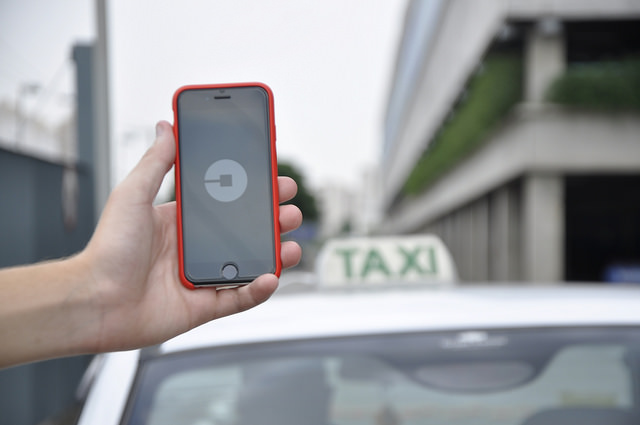
Photo Credit: Núcleo Editorial/Flickr.com
The poster child of ride-sharing, Uber is the most valued private company with a valuation of over $60 billion. It has recently been investing heavily in self-driving cars. Early this month, it made its second acquisition in this field.
Uber’s Acquisitions
Early this month, Uber acquired Geometric Intelligence and launched an AI lab to improve its self-driving cars and delivery routes. Formed in 2014, Geometric Intelligence focuses on an area known as “sparse data”, which allows computers to make inferences using relatively small data sets. Terms of the deal were not disclosed.
It expects AI to help cars recognize objects on the road, estimate the time for Uber food delivery, or provide better matches for carpool rides. The new lab will be led by Gary Marcus, a cognitive scientist at New York University and will use the staff from Geometric Intelligence.
In August this year, Uber announced its plans to acquire Otto, which was founded by four former Google executives, including Anthony Levandowski, one of the original engineers on Google’s self-driving team and Lior Ron, who headed Google Maps for five years. Otto has developed a kit that lets big-rig trucks drive themselves on highways.The deal is estimated to be worth $680 million.
The ride-sharing industry faces several regulatory hurdles and by focusing on AI, Uber is just adding more regulatory hurdles. AI has a long way to go before it is proved to be safe and is regularized. And it also raises the question, Just because we can, does it mean we should?
Uber’s Financials
Founded in 2009 by CEO Travis Kalanick and Garrett Camp in San Francisco, Uber has now grown to over 500 cities in 76 countries. It earns revenues in the form of transaction fees for every ride booked through its app. Analysts estimate that it charges a 20% fee on the fare.











Leave A Comment